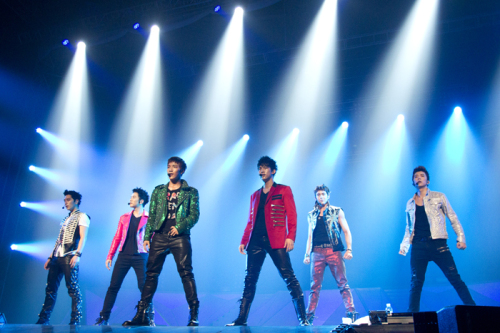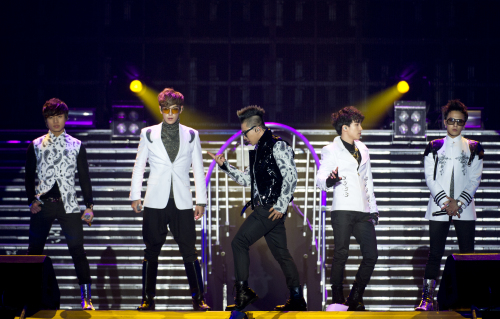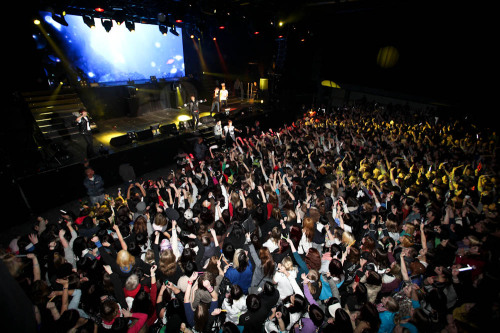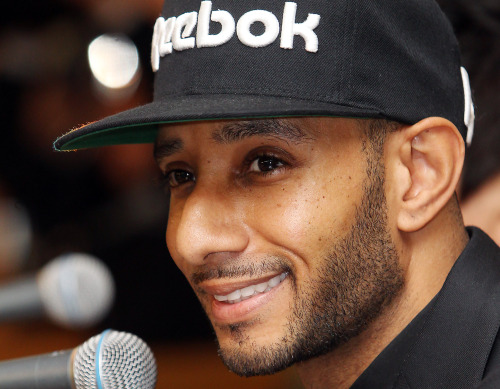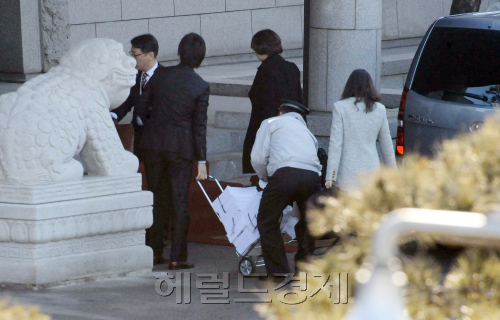A recent research said Wednesday that Korean TV makers sold more units of
flat-screen televisions sets compared to its Japanese rivals for the first time
globally.
According to market research firm DisplaySearch, Korea recorded 34 percent in market share in terms of total TV units sold globally in the final quarter of last year, while Japan’s market share reached 31 percent.
The Korean TV makers ― Samsung and LG Electronics ― have been beating its Japanese rivals in global quarterly sales volume of flat-screen TVs for four consecutive quarters since 2011, but last quarter was the first to outperform its rival in total units sold across the world.
Chinese TV manufacturers also took away 20 percent of the market share in total flat-screen TV units sold globally, followed by Europe, the United States and Taiwan with 4 percent, 3 percent and 1 percent, respectively.
In terms of yearly sales, Japan took up a larger stake of 35 percent than Korea’s 33 percent in total units of flat-screen TV sold globally.
However, the Korean TV makers took away 45 percent in the number of flat-screen 3-D TVs sold in 2011, while Japan’s and China’s market share in the same category both stayed at a mere 25 percent.
“With the smart 3-D TVs at a growing streak, the Korean TV makers, which have gained competitiveness in the field, are expected to show better performance in sales,” said an industry source. “Considering that the Japanese TV makers have been behind in catching up with the new trend and products and due to their restructuring projects, the Korean firms are aiming to widen the gap with its rivals.”
According to market research firm DisplaySearch, Korea recorded 34 percent in market share in terms of total TV units sold globally in the final quarter of last year, while Japan’s market share reached 31 percent.
The Korean TV makers ― Samsung and LG Electronics ― have been beating its Japanese rivals in global quarterly sales volume of flat-screen TVs for four consecutive quarters since 2011, but last quarter was the first to outperform its rival in total units sold across the world.
Chinese TV manufacturers also took away 20 percent of the market share in total flat-screen TV units sold globally, followed by Europe, the United States and Taiwan with 4 percent, 3 percent and 1 percent, respectively.
In terms of yearly sales, Japan took up a larger stake of 35 percent than Korea’s 33 percent in total units of flat-screen TV sold globally.
However, the Korean TV makers took away 45 percent in the number of flat-screen 3-D TVs sold in 2011, while Japan’s and China’s market share in the same category both stayed at a mere 25 percent.
“With the smart 3-D TVs at a growing streak, the Korean TV makers, which have gained competitiveness in the field, are expected to show better performance in sales,” said an industry source. “Considering that the Japanese TV makers have been behind in catching up with the new trend and products and due to their restructuring projects, the Korean firms are aiming to widen the gap with its rivals.”






